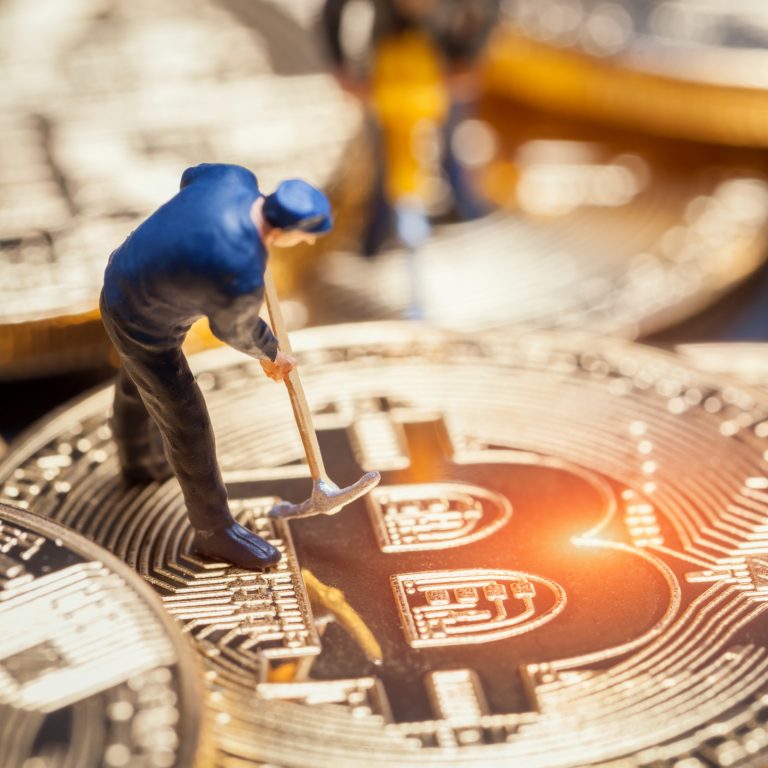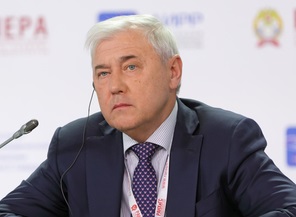Latest news about Bitcoin and all cryptocurrencies. Your daily crypto news habit.

Russia’s regulators have revealed how they plan to find and tax cryptocurrency miners as well as license them. This follows their meeting with Russia’s President Vladimir Putin. At the meeting, they agreed to regulate cryptocurrency mining, alongside cryptocurrencies themselves including bitcoin. Last week, the finance ministry proposed creating a registry of crypto miners.
Also read: Research Shows Half a Billion People Are Mining Cryptocurrencies Without Knowing
Regulating Russian Crypto Mining
The head of the Committee on Financial Markets Anatoly Aksakov told the radio station Says Moscow on Thursday that cryptocurrency miners will be registered and taxed via electricity consumption, the station detailed. To identify miners, he explained:
If we talk about mining, then this is a large consumption of electricity, it is obvious that it is not difficult to track. I do not see any problems here.
He said the government is currently discussing how to tax cryptocurrency miners since “they receive quite a large income. This income should be taxed.” Says Moscow quoted him saying. “It is also important that the concept of cryptocurrency be defined: either as a financial instrument or as a commodity. Proceeding from this, taxation will be determined.”
Regarding their licensing, Deputy Finance Minister Alexei Moiseyev told reporters last week that it “may be handled by the Federal Tax Service (FTS),” Ria Novosti reported. “The main task of licensing is for tax purposes, so, perhaps, the Federal Tax Service will do this, but it has not been discussed,” he said.
Last week, the finance ministry proposed to create a registry of cryptocurrency miners and to only allow approved entities and individual entrepreneurs to engage in mining activities. The registry would exist “in order to counter money laundering and terrorist financing,” according to Yana Pureskina, the finance ministry’s Director of the Financial Policy Department.
Comments from Industry Participants
There is skepticism in Russia over how cryptocurrency mining can be regulated. RIA Novosti quoted Andrey Koptelov, the director of the Center for Economic Research at Synergy University, saying:
The prohibitions of cryptocurrencies and their mining are useless, therefore, the only option for countries is to increase the transparency of this area by participating in international initiatives to register crypto exchanges and oversee their work.
 The publication also quoted Artem Tolkachev, Head of Legal for Tech Group at Deloitte CIS and Chairman of Russia’s Blockchain Community, commenting on the matter.
The publication also quoted Artem Tolkachev, Head of Legal for Tech Group at Deloitte CIS and Chairman of Russia’s Blockchain Community, commenting on the matter.
“It should be noted that mining in Russia is not prohibited at the moment,” he described. “So it’s not entirely correct to raise the issue of its resolution, rather, we should speak about the appearance of certain rules for accounting for cryptocurrencies and, possibly, the introduction of a special regime for the activity of the miners.”
In addition, a senior analyst at Alpari forex firm, Roman Tkachuk, also commented on the finance ministry’s statement about regulating the mining industry to prevent money laundering. He said:
Not all miners are engaged in money laundering and the financing of terrorism. We need to separate the ‘wheat from the chaff’. One of the features of cryptocurrency is anonymity and lack of regulation, therefore the implementation of such initiatives will face significant difficulties.
Do you think the Russian government will successfully find, tax, and license cryptocurrency miners? Let us know in the comments section below.
Images courtesy of Shutterstock
Need to calculate your bitcoin holdings? Check our tools section.
The post Russian Regulators Think They Found a Way to Identify, Tax, and License Crypto Miners appeared first on Bitcoin News.
Disclaimer
The views and opinions expressed in this article are solely those of the authors and do not reflect the views of Bitcoin Insider. Every investment and trading move involves risk - this is especially true for cryptocurrencies given their volatility. We strongly advise our readers to conduct their own research when making a decision.
